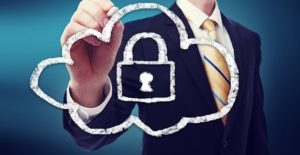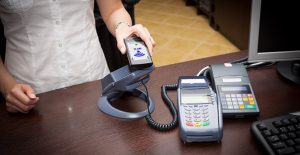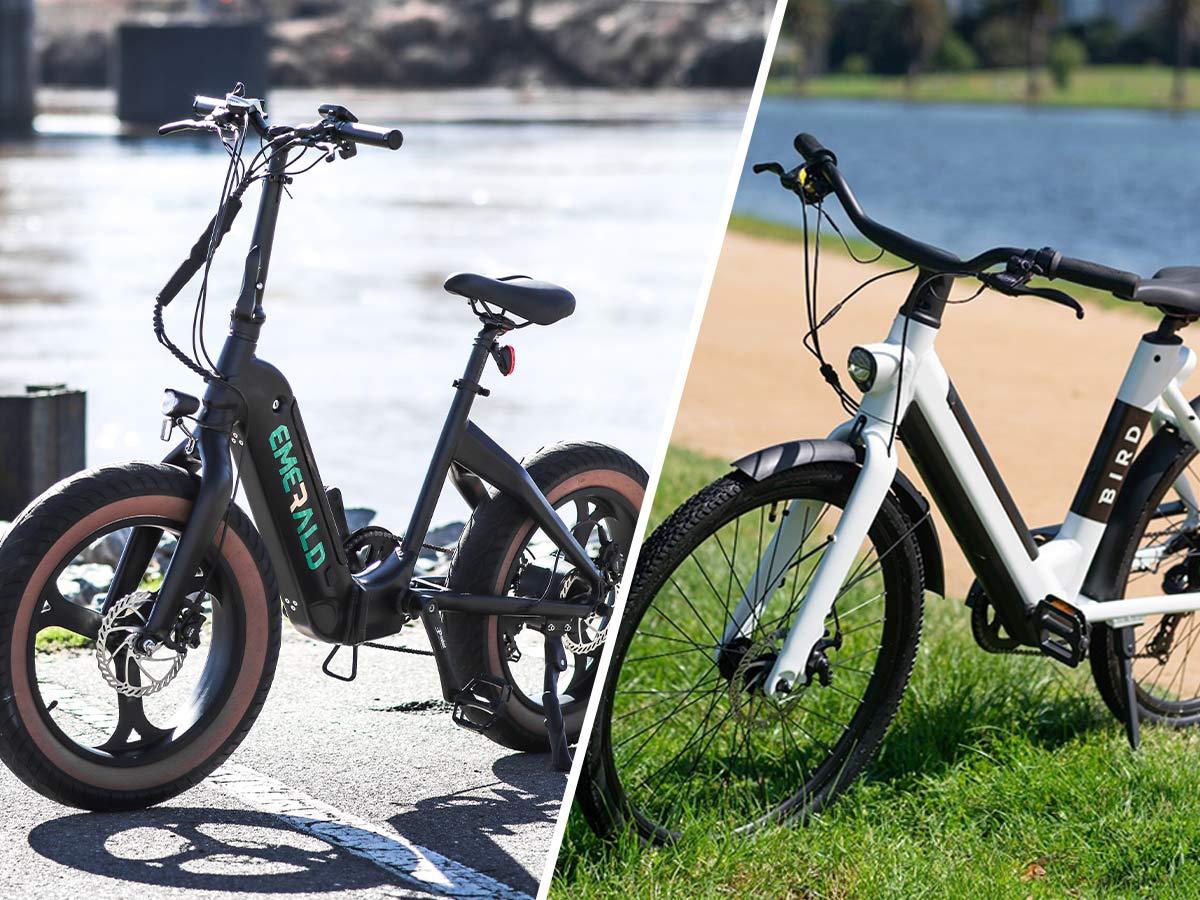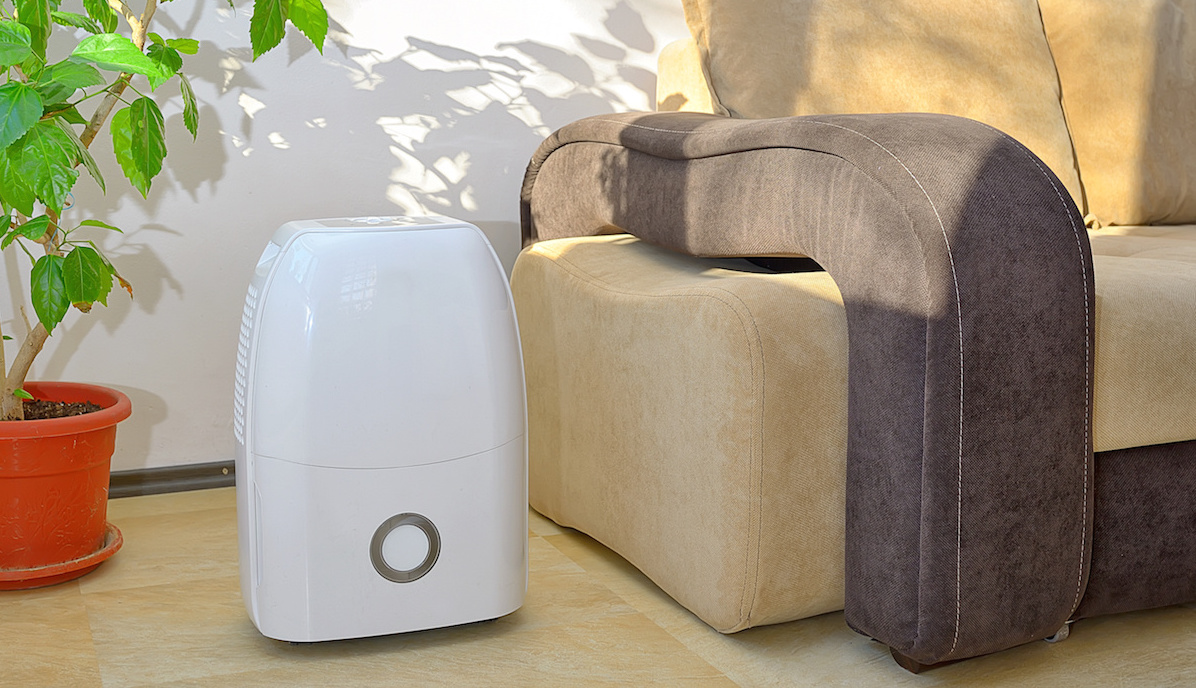Small Business vs. Franchise: Which is Better for Entrepreneurs?
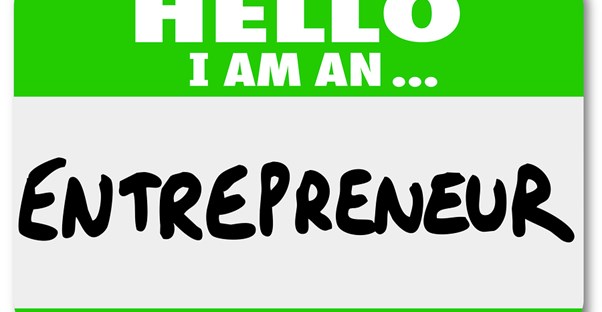
Entrepreneurs are people who start, organize, and run a business (or multiple businesses). There are two main ways entrepreneurs can enter the business world. They can either start their own business or by buying into a franchise. Many people have pondered whether or not one way is better than the other for entrepreneurs and there are lots of factors to consider before making a final decision.
Startup Costs
Buying into a franchise can cost anywhere from $50,000 to $1,000,000. Some franchising opportunities are even cheaper to start. Opening a small business, on the other hand, can cost next to nothing if you’re using a home office, but is usually somewhere within tens of thousands of dollars instead of hundreds.
Survival Rate
While cost is often a driving factor in driving new entrepreneurs toward small businesses, the reality is that very few small businesses end up making it. Only around 45% of businesses are still operating 5 years after their start date. Furthermore, only around 29% are still around after 10 years. The reality is that while it may cost less to start a business, you may end up losing a lot more money if your business doesn’t make it. The key here is that buying into a franchise is costly because you have a bit more security when it comes to the longevity of your money and your business.
Flexibility vs. Built-in Support
The great thing about starting a new business is that the owner has control and the ability to make decisions. Starting new businesses allows for innovation and a way to create something that’s never been done before. It allows the owner creativity and full control in the long term. The flipside, of course, is that while buying into a franchise may mean a lack of flexibility, it also means there’s the built-in support of an already-established brand and company. You already have a rulebook. Opening a small business may be a large risk financially, but it’s more of an investment in yourself and your product. Buying into a franchise is the opposite: it’s less of a financial risk, but you have little personal freedom.
Two Difficult Paths to Choose From
Opening a small business will take time and effort, and it means going against heavy competition. You will likely spend more than 40 hours a week organizing everything. It also generally means no health and employment benefits you could get from buying into a franchise. On the flip side, buying into a franchise means lots of fees, legal documents, and strict rules from the company. While you may find market entry easier, bad press about the national company can affect your store. The reality is that both options are difficult, and your choice will be based on personal needs and goals.

